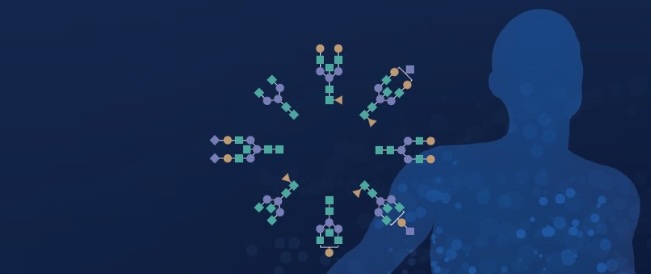Scientists from Croatia have identified 90 genes associated with the glycosylation of immunoglobulin (IgG).
The team, who has already shown that 20 of these genes can be used to tweak glycosylation pathways, hopes the work will help drug developers improve yields and streamline the scale-up of antibody production processes.
“Glycosylation is a Critical Quality Attribute (CQA) that can shift [a lot] during scale-up,” explains Anika Mijakovac, PhD, a researcher from the University of Zagreb. “Using a production cell line with integrated CRISPR tools, you can [potentially] shift the pattern back quickly.”
According to Mijakovac, the team began trying to identify how the glycosylation of IgG was regulated around ten to 15 years ago, with a series of genome-wide association studies (GWAS) that have, to date, identified 90 genes of interest.
“These were mostly genes that had an unknown role in the process of glycosylation in general,” says Mijakovac.
To investigate how the genes regulated protein production, and how the proteins they produced affected IgG glycosylation, the team developed suspension Human Embryonic Kidney (HEK) cell lines with integrated CRISPR-dCas9 editing tools.
“And what we found was that some of these genes affect IgG glycolysis in a very specific way, leading to specific glycoforms,” she says.
“This was something we could never achieve with supplementation or changing the main enzymes of the glycosylation machinery.”
Realizing that, if the genes didn’t regulate glycosylation enzymes, the industry didn’t understand IgG glycosylation, the team is now working to identify the glycosylation pathways associated with these genes.
“By finding these pathways, you can control a constellation of therapeutic antibodies better than you do by maybe changing the [culture] media or trying to up- or downregulate enzymes,” she says.
“If we are able to figure out how glycosylation is regulated, it would be really useful, because we could develop therapeutics to target those specific pathways.”
The team has already published several papers about their work and Mijakovac will be presenting on the research at the Bioprocessing Summit Europe in March 2026.

